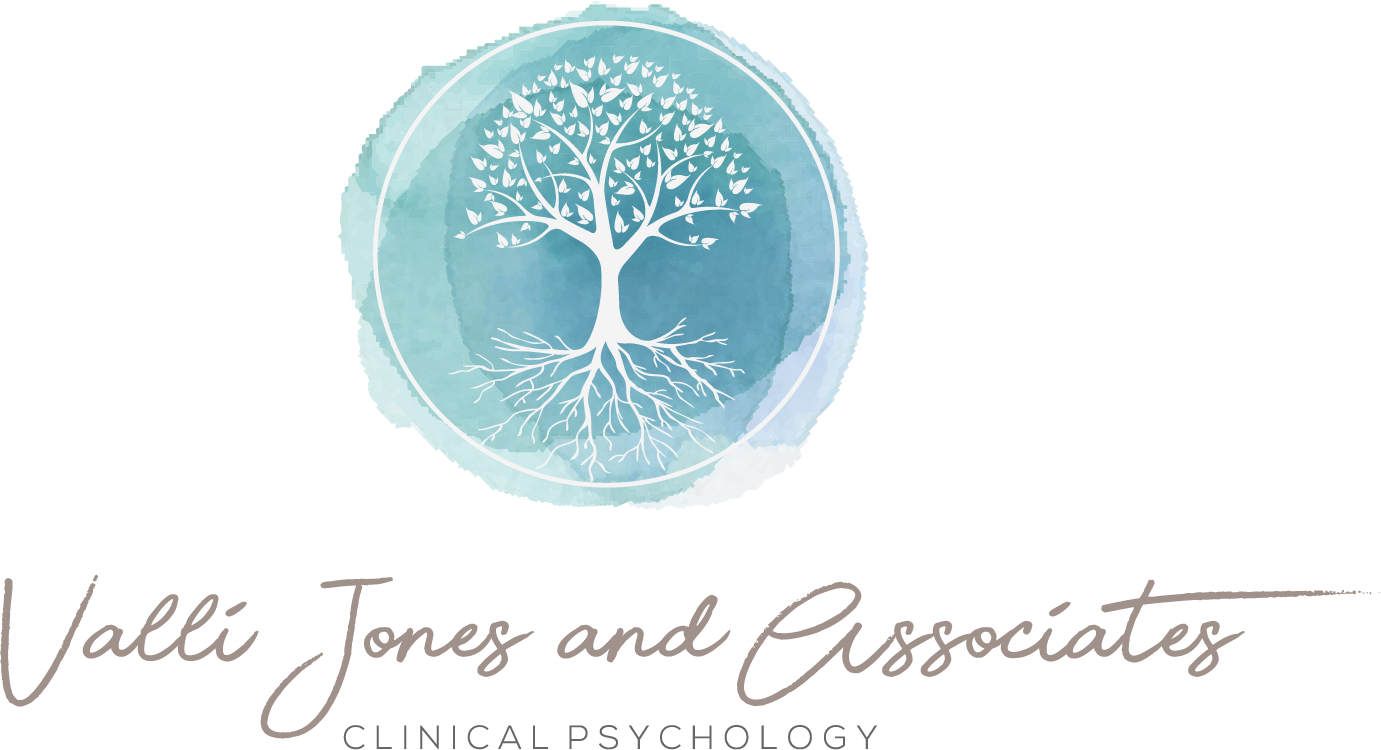What is Autism?
Autism is a neurodevelopmental difference (Monteiro, 2018), with differences appearing in three key areas:
Language and communication.
This includes:
- Differences in the process of language acquisition and development of speech
- Differences in how speech and language is used
- Differences in the way verbally presented information is processed
- Differences in how non-verbal communication is used and understood
Social Relationships and Emotional Responses
This includes:
- Differences in social interaction style
- Differences in awareness of social context and cues
- Difference in level of understanding of interpersonal dynamics
- Differences in emotional awareness (in self and others)
- Differences in capacity for emotional regulation
Sensory Needs and Interests
This includes:
- Preference for routine
- Sensory-based movements or behaviours (STIMS)
- Differences in sensory profile (i.e., hyper- and hypo- sensitivities)
- Areas of passionate interest(s)
How will an assessment for Autism be helpful?
Most parents find that the assessment and diagnosis of Autism is helpful in the following ways:
Understanding your child: A diagnosis of autism can be the first step for parents in understanding why their child is developing at a different rate to their same age peers, or is displaying different interests or behaviours.
Supporting your child: The earlier a child is accurately diagnosed with autism and receives appropriate supports, the better the emotional and developmental outcomes for the child. The recommendations arising from the assessment process can help parents and teachers to develop individualised support plans, to ensure that a child’s specific needs are being met at home and school.
Accessing Services: Once a child is diagnosed with autism, financial and community support may be available (e.g. Medicare, Centrelink, or the National Disability Insurance Scheme). A diagnosis can also assist with applying for school-based funding for special support teachers in the classroom. Please note: Government funding is constantly being reviewed and updated, and these changes may affect the availability of support for your family.
What is involved with an assessment for Autism?
The diagnosis of autism requires a comprehensive assessment process and involves gathering information from a range of people involved in the child’s life. The aim is to better understand a child’s unique strengths and difficulties, with particular focus on their social development, communication, interests, and behaviours. Usually this information is obtained through clinical interview with parents, observation of the child, and discussion with other significant people in the child’s life (e.g., teachers). Best practice assessment guidelines both in Australia and Internationally suggest using the following standardised assessment tools:
- The Autism Diagnostic Observation Schedule- Second Edition (ADOS – 2).
- The Autism Diagnostic Interview – Revised (ADI-R).
- The Monteiro Interview Guidelines for Diagnosing the Autism Spectrum – Second Edition (MIGDAS-2).
In addition to these tools some Parent and Teacher questionnaires are also used to assess adaptive functioning, and to screen for co-occurring mental health concerns (e.g., ADHD, anxiety, depression).
Note: Although autism is typically diagnosed in early childhood, an assessment can be undertaken at any age. Many adolescents and adults find that receiving a diagnosis helps them to better understand themselves, and also helps improve the quality of their relationships and day-to-day functioning.
The complete diagnostic assessment process typically involves:
- An initial consultation to gather developmental history and background information, and determine whether it will be helpful to proceed with the assessment process.
- A review of any previous assessment previous reports, and consultation with the child’s school and referring specialist, where appropriate.
- Completion of standardised questionnaires by the individual being assessed (for adolescents and adults), and/or their parents and caregivers.
- A one-hour assessment session with the child, using the ADOS-2 and/or MIGDAS. For younger children and individuals with minimal speech, a parent or caregiver is present during this session. Older children and adolescents are usually assessed without a parent present.
- A structured interview with parents or caregivers, using the ADI-R. This generally takes around 2 hours.
- Scoring, interpretation, and report preparation.
- A one-hour feedback session to discuss the results of assessment, and all recommendations arising from the results.
Best practice guidelines state that for an accurate and confident diagnosis, the assessment process needs a minimum of four appointments. The total face-to-face appointment time is generally 5 hours, although this may be longer in complex cases. The fee includes the time taken for reviewing previous reports, phone consultations with the child’s school and referring doctor, scoring and interpretation of assessments, and report preparation. If a school visit is required this may incur an additional fee.
What is the cost involved with an assessment for Autism?
Breakdown of Fees:
- Initial Consultation (1 hour) $230
- Child Session (1 hour, plus 2 hours scoring, interpretation and report preparation) $600
- Parent Session (2 hours, plus 2 hours scoring, interpretation, and report preparation) $800
- Feedback and Recommendations (1 hour) $230
Total Cost $1860
Fees can be paid by session, or in full at the first session. Children referred for assessment by a paediatrician or child psychiatrist under the Helping Children with Autism Initiative are eligible for Medicare rebates of up to $339.40. Medicare rebates can only be claimed after services have been provided so it is recommended that parent of children with a specialist referral pay by session. Alternatively, a receipt will be provided and a claim can be lodged with Medicare after completion of the assessment process.
Additional Information
It is recommended that the assessment be carried out over several days. Where necessary, it is possible to complete all assessment sessions on one day, and to schedule the feedback session for 2 weeks later, via Zoom if needed. In this case, parents will need to organise someone to look after young children during the interview, and also during the feedback session. Older adolescents are welcome to attend all sessions.
Schedule an appointment
To schedule an appointment with one of our clinical psychologists, contact us here.
Schedule an appointment
To schedule an appointment with one of our clinical psychologists please contact us.
